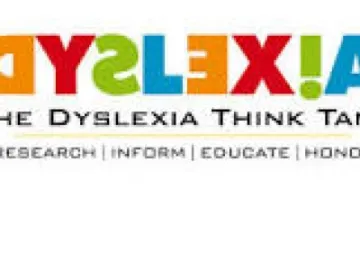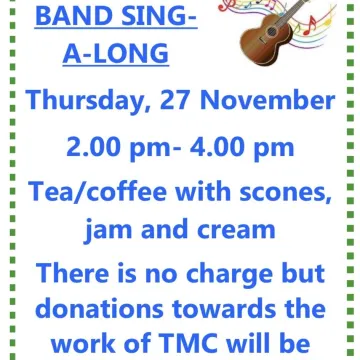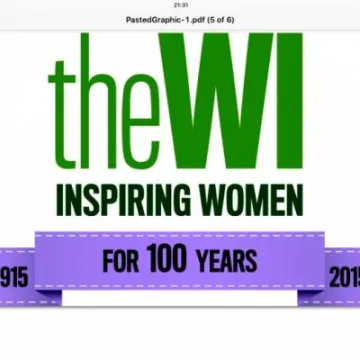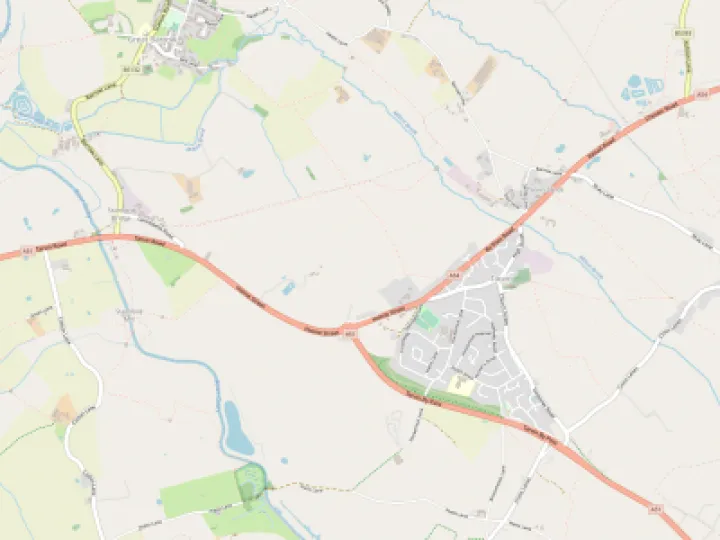Dyslexia Awareness Week
You might be wondering: do I have dyslexia?

The symptoms will differ depending on whether you're a child or younger adult – or an undiagnosed adult. It's especially important to spot dyslexia in schools. Children with dyslexia tend to mix up words – which might mean saying something like 'beddy tear' instead of teddy bear. They may have trouble saying long words and learning the alphabet could be a problem.
Other signs involve not only issues with learning letter names but also with the sounds of words and letters. This means the phonological awareness is poor and they might not be able to answer a question like: 'What word would you have if you changed the 'p' sound in 'pot' to a 'h' sound?
The signs in young adults and adults will be less obvious. They might write more slowly and have problems expressing their knowledge on a subject. If you're experiencing real difficulty with spelling or find yourself trying to hide your work from others this is quite an obvious flag that something is going on.
The theme for Dyslexia Awareness Week 2015 is 'Making sense of Dyslexia' and will raise awareness of things like creating a dyslexia friendly environment and dyslexia awareness in our schools!
You can also get involved by fundraising for the organisation.
Quick Links
Get In Touch
TarvinOnline is powered by our active community.
Please send us your news and views.







